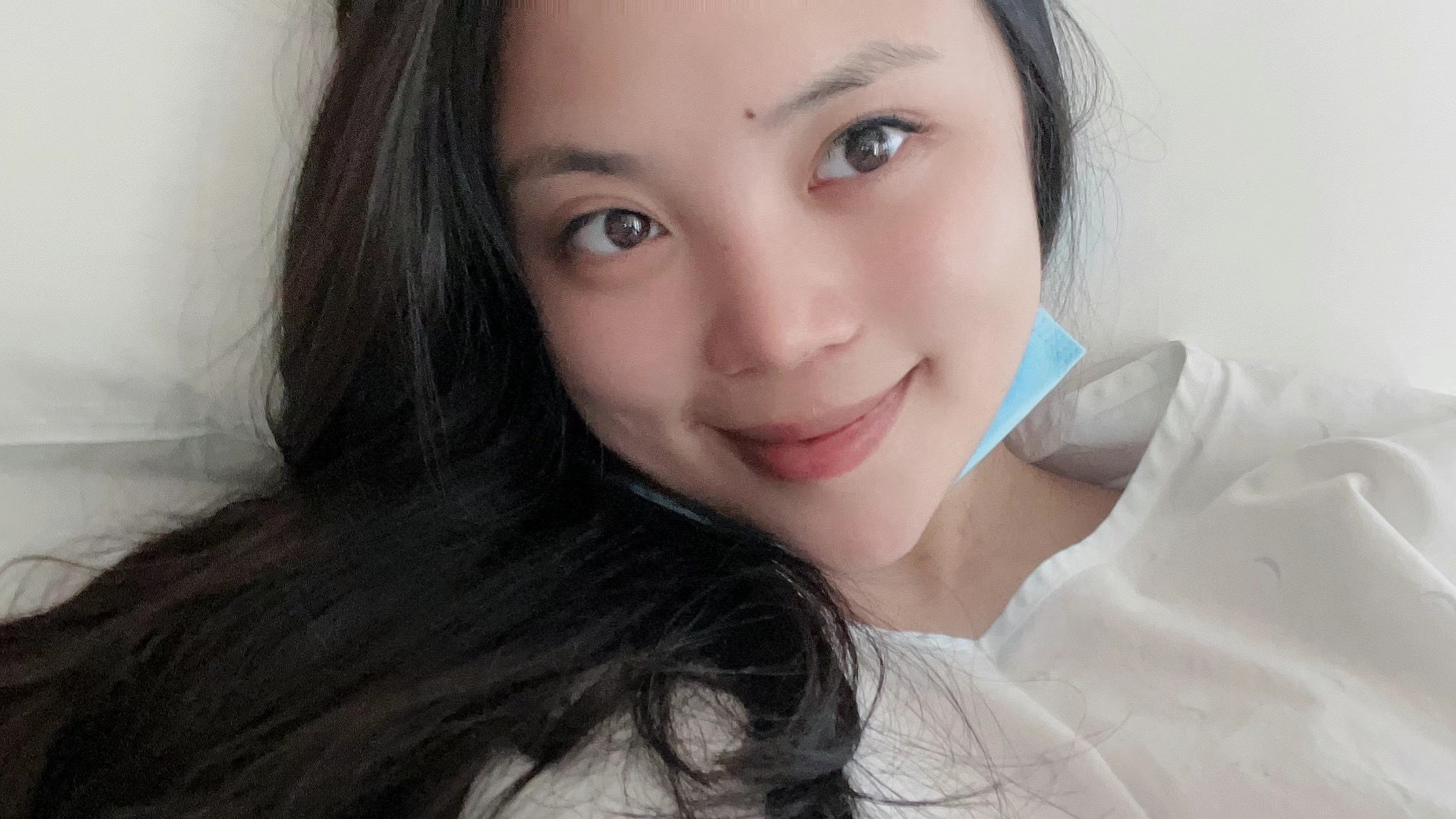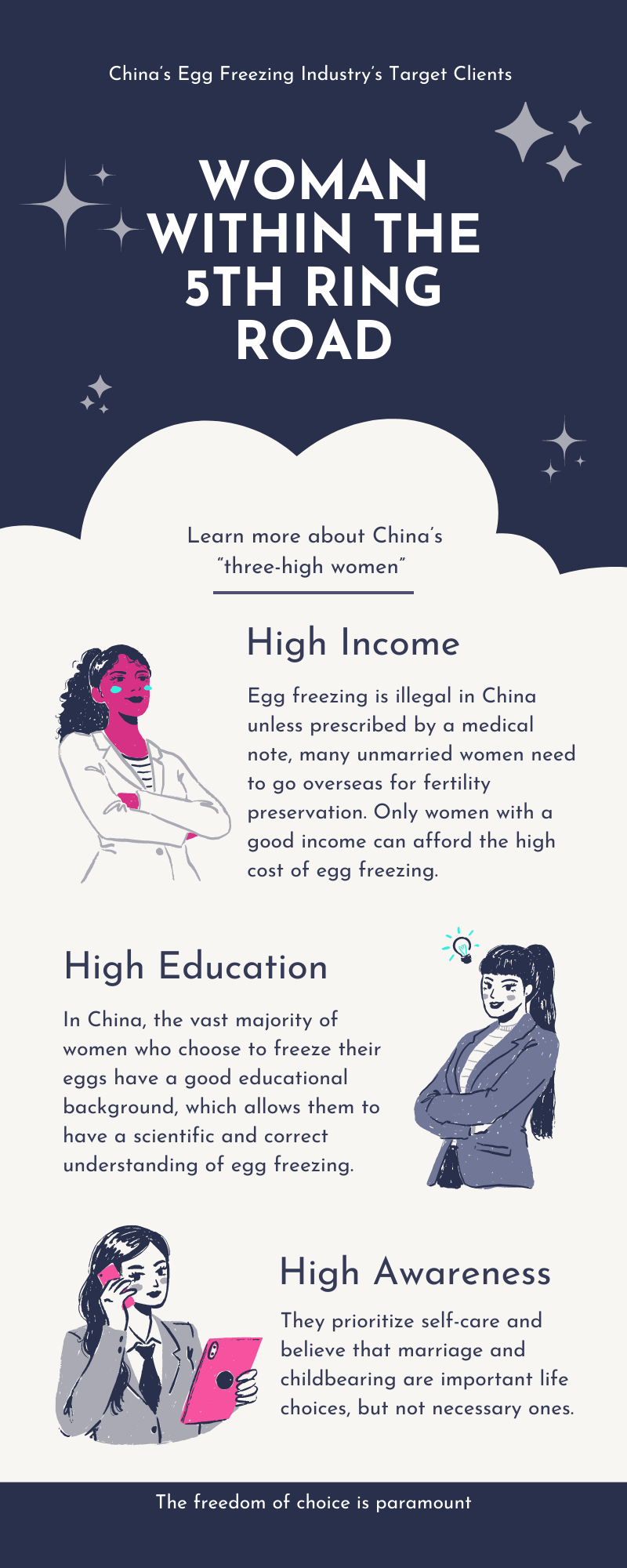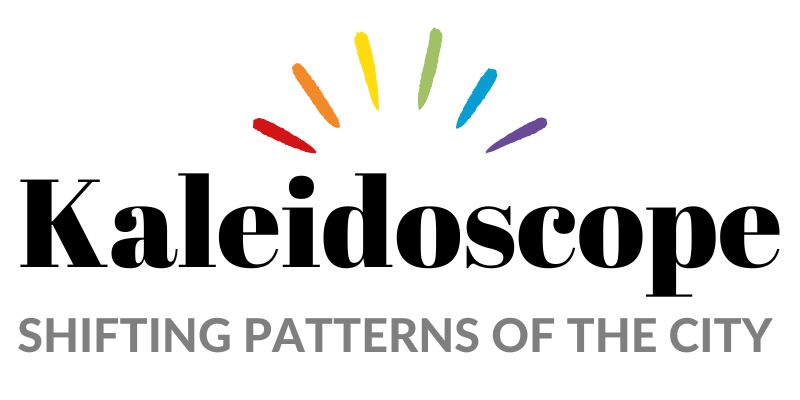A Race Against the Golden Reproductive Age
Egg Freezing on the Rise Among Young Chinese Women
By Kunling Wu
Siyi Wang posted a selfie on her WeChat Moments in late March from when she visited Madrid. Having just completed her egg retrieval surgery, she looked tired but happy. After 10 days of ovarian stimulation and then a surgery, Wang managed to save 15 eggs for freezing.
If it wasn’t for the pandemic, she would have completed this procedure in 2019. She was only 27 years old then, which was considered a young age compared to the average client who undergoes this reproductive treatment.
However, Wang’s decision to freeze her eggs at such a young age was nothing out of the ordinary.
On Xiaohongshu, one of China’s most popular social media applications, posts about egg freezing services in various countries are widely shared. These posts cover not only technologically-advanced countries like the United States, Europe, Japan, Thailand, and Australia, but also places such as Taiwan, Malaysia, and even Cambodia.
Given that egg freezing is illegal in China unless prescribed by a medical note, many unmarried women are then forced to go overseas for fertility preservation. In mainland China, unmarried women are prohibited from accessing fertility services such as egg freezing and in vitro fertilization (IVF), unless they need fertility preservation before undergoing chemotherapy or radiotherapy.
In “China’s Assisted Reproduction Research Report 2023” published in February, Chinese economist Ren Zeping noted that over 60% of respondents expressed a desire to preserve their eggs. Among those aged 30-34, the proportion was even higher at 65.8%. Similarly, 46.8% of respondents aged 20-24 and 59.8% of those aged 25-29 expressed interest in the procedure.
The graph shows the interest of egg freezing among 1,683 Chinese woman respondents.
More women are turning their desires into action. Lai Huan, a Beijing-based marketing specialist in the assisted reproductive industry, said in recent years there has been a trend of younger clients seeking egg-freezing services.
In the past, most customers were in their thirties or early forties. Many of them felt their biological clock was ticking triggered by a certain milestone – a significant birthday, a close friend getting married or giving birth, or an unexpected accident at home.
Nowadays, her clients learn about egg freezing at an earlier age and make decisions faster. They no longer view egg freezing as a last resort to preserving fertility and they no longer proceed with it in a bitter manner.
The so-called post-95 generation is becoming a new force to be reckoned with in the industry. Previously, most clients were women born between 1980 and 1993.
“The younger generation make the decision to freeze their eggs more proactively and independently – most often without prior input from the men in their lives,” Lai said.
She also added that there is no need to push these young clients to purchase services, or to heavy-handedly promote them as she used to. Now these young Chinese women have more agency over their reproductive destinies. Some see egg-freezing as no different from getting a gym membership card or a beauty treatment.
“It’s like getting a Thermage treatment. Some clients act like, ‘I want it, and I’m going to get it done now,’” Lai said.
“Like buying insurance”
Wang has been buying different kinds of insurance since she was 21. She thinks egg-freezing is like buying insurance. She might not be using those frozen eggs in the future – either she’ll get married and have kids naturally, or she’ll just give up the plan to have kids, but the option is present.

Wang looks hopeful at the hospital for her egg freezing procedure. (Source: Siyi Wang)
If she regrets not having conceived before the age of 40, she still has a chance to do so. She believes that this is her own business and it has nothing to do with her parents or her boyfriend.
In 2019, Wang and her then boyfriend planned to freeze their fertilized eggs in the United States. When her boyfriend was unable to go with her because of a temporary business trip, she decided to look for a suitable medical center in the U.S. by herself. Although the plan was then halted by the pandemic, Wang immediately started it again after regular international flights resumed their frequency.
She spent her undergraduate years in Europe, and then started her own business in Silicon Valley before returning to China. Many friends or business partners of Wang have taken the egg freezing surgery already or other assisted reproductive treatments. Wang said that’s probably the reason why she had little difficulty in accepting these treatments.
Going through consultations, ovarian stimulation, and egg retrieval, Wang completed the whole egg-freezing process by herself.
“The surgery was very quick – probably just 15 minutes? You know, the whole producess itself is not complicated at all,” Wang said.
Whether it was 2019 in the United States, or this year in Madrid, she has always been in a relationship. She just doesn’t have a strong intention of getting married to her boyfriend. Before leaving for Spain, she notified her boyfriend and her parents about the surgery.
Wang posts a tour of her medical room on Xiaohongshu. (Source: Siyi Wang)
“It is just a neutral technology, just like having a gym membership card. After thinking carefully about it, I find the price reasonable for me, and at the same time I really need to lose weight or exercise, then just go and have one!” Wang said.
“Buying myself more time.”
Yu Wang, a 30-year-old Shanghai-based fashion editor, traveled to the United States in her twenties to freeze her eggs.
She remembers that when she returned home for a few months due to a job change, her parents kept setting her up on blind dates. Yu describes herself as a lofty person. When it comes to relationships, she can be really picky, so she always dismisses these attempts.
At one point, her parents started to tell her that it would be difficult to have children when she got older, and that she would have no one to rely on in her old age. Yu said the atmosphere at home was really tense.

Wang gets her ovarian health checked ahead of her surgery. (Source: Yu Wang)
Alaia Ke is a 21-year-old student currently studying in the United States. Despite her young age, she has already made the decision to freeze her eggs after graduation, a choice that she has discussed with and gained the support of her parents.
Ke is one of the women who choose to trade time for space by freezing their eggs, hoping to have the flexibility to pursue other life goals. Ke understands that in the coming five to 10 years, she will need to devote much of her time and energy to her career. She doesn’t want her biological clock to limit her options or force her to choose between her career and starting a family.
Ke shares her views on egg freezing on Xiaohongshu. (Source: Alaia Ke)
“I want to be able to have children in the future, but I can’t imagine putting my career on hold for two or three years to do so,” Ke said.
Ke called this treatment as a way to “store fertility”. By freezing her eggs, she can prioritize her work without worrying about the constraints of time.
On Chinese social media, many people shared the same views as Ke. A doctoral student chose to freeze her eggs to focus on her studies without worrying about the constraints of time and the “golden reproductive age”. A brand manager chose to freeze her eggs due to her frequent travel commitments, which made it difficult for her to have children in the short term.
However, it is difficult to have both. The golden reproductive age is also the golden age for a woman to pursue her personal goals. Fertility anxiety became another form of time anxiety.
“Egg freezing is a way to buy myself more time,” explained one woman on social media.
“Golden age of fertility”
The Women’s Clinic, one of the 16 medical centers licensed for assisted reproductive treatments by the Council on Human Reproductive Technology in Hong Kong, said that the golden reproductive age for women is between 25 and 35 years old.
During this time, women’s eggs are of the best quality, and the fertilization rate is the highest. After age 35, their ovarian function declines, therefore the egg numbers decrease, and the quality also reduces. Embryonic cell division ability diminishes, and this leads to lower implantation and pregnancy rates.
Therefore, most medical institutions recommend that women freeze their eggs around the age of 30 to ensure a relatively high probability of pregnancy. For those who are older than the so-called “golden reproductive age”, they would be advised to have more eggs retrieved, to increase the chances of pregnancy.
For example, the Taiwanese Society for Reproductive Medicine recommends 15-20 eggs for women aged 30-36, 20-30 eggs for women aged 37-39, and at least 30 eggs for women over 40 years old.
Because of the decrease in egg quality, more eggs are needed to ensure a relatively high probability of conception. But the fact is that for women over 35 years of age, egg quality and quantity are declining simultaneously. That means women older than the golden reproductive age need to go through the process of ovarian stimulation and egg retrieval more than once.
Tracy (cannot provide last name for privacy reasons) was born and raised in China and now works in the financial industry in the United States. She has considered freezing her eggs in her early thirties. But being tight with money back then, she put the plan on hold. When she was 38, she consulted with doctors about egg-freezing again.
She was hoping to freeze more than 11 eggs after the first round of egg retrieval. Unfortunately, only four eggs were detected in her body even after the extended ovarian stimulation period.
“There is even no need to retrieve them,” Tracy said.
After receiving the results from the doctor, Tracy couldn’t help but cry in her office. A few days later, she shared on social media about her decision to give up egg-freezing. And at the end of the post, Tracy encouraged all women who meet the health requirements to consider this option as soon as possible.

Tracy posts about her decision to give up egg freezing on Xiaohongshu. A translation of her musings follows.
At the age of 38, my first attempt on egg freezing failed, and I decided to give up on this option.
I decided to give up egg freezing after a few days of consideration. During this period, I have received messages and encouragement from many friends. I also talked and interacted with friends who are in the similar age and facing the same pressure with me. Based on my own consideration and choice, I still decided to give up.
Source: Tracy/Xiaohongshu
Tracy said she can still recall the feeling of being overwhelmed and panicked when she heard the results. She said that was the first time she realized her fertility was truly disappearing.
Tracy is currently in a stable relationship. The problem is that her boyfriend is hesitant about having children. She worries that she may miss the fertility window due to his hesitation.
The unfortunate reality is that the biological differences between males and females make the cost of this hesitation unequal. This is one of the main reasons why Tracy wanted to freeze her eggs.
“As a woman, I only have a few more years to make this decision, but he may have another twenty years to decide,” Tracy explained.
“Women within the 5th Ring Road”
When discussing the customer demographics of the egg freezing industry, Lai was frank about how it differs from other assisted reproductive treatments.
IVF customers may be seeking treatment for a variety of reasons, such as the inability to give birth due to health reasons or even the want to select the gender of their baby. The customers seeking egg freezing are different, as the practice requires a certain economic foundation and educational level.
The industry calls their target customers “women inside the 5th Ring Road”, which means women living or working inside the 5th Ring Road of Beijing – the bustling downtown of the city, which is home to many prominent landmarks, including Sanlitun, the Central Business District, and CCTV. It represents a typical group of women with high education, high income, and high awareness. They are also called “three-high women” in Chinese social media.

Source: Tracy/Xiaohongshu
Source: Olivia Guan
These women believe marriage and childbearing are important life options, but not necessary ones. What’s more, these two choices do not have to be tied together. For them, the freedom of choice is paramount.
The Legal Battle
Before leaving for Madrid, Wang met a staff member from an institution that could illegally freeze eggs for unmarried women. The employee boasted that they had performed the surgery for many celebrities without any problems, but Wang refused after consideration.
In recent years, China has seen sharply declined fertility rates and a rapidly aging population. That has prompted calls from experts, scholars, and members of the National People’s Congress to legalize egg-freezing for unmarried women in China. So far, none of these suggestions have been adopted.
Hua Yawei, the vice president of Henan Provincial Cancer Hospital and a member of the Chinese People’s Political Consultative Conference, has proposed that egg-freezing should be opened for healthy unmarried women over the age of 30.
Hua believes that mainland China has sufficient technology to facilitate egg retrieval and freezing, especially in some “Class 3 Grade A” hospitals, which are the highest level of hospitals in mainland China.
On the other hand, Zheng Xueqian, a lawyer and expert in China’s health law, was quoted in an article by CBD published in March this year to have said that the time for fully liberalizing restrictions on egg-freezing is not yet ripe.
Zheng pointed out that there are still many legal and ethical issues that need to be addressed. Liberalization of egg-freezing for unmarried women would bring huge impacts on the current marriage laws.
As for the establishment of egg banks, legislation needs to be enacted to supervise their management, and prevent practices such as egg trading. Zheng also reminded that disputes may arise over the uncertainties of freezing and thawing eggs and their impact on newborns.
Nationwide discussion about egg-freezing should be encouraged, but it’d be better to wait for a right time to liberalize it after thorough studies of legal and ethical issues, Zheng said in the article.
Extra Credits
Advisor Ting Shi
Editorial Director Hailey Yip
Multimedia Director Madeleine Mak
Multimedia Producer Zack Chiang
Illustrator Olivia Guan
Copy Editor Hugo Novales
Fact Checker Claire Kang
